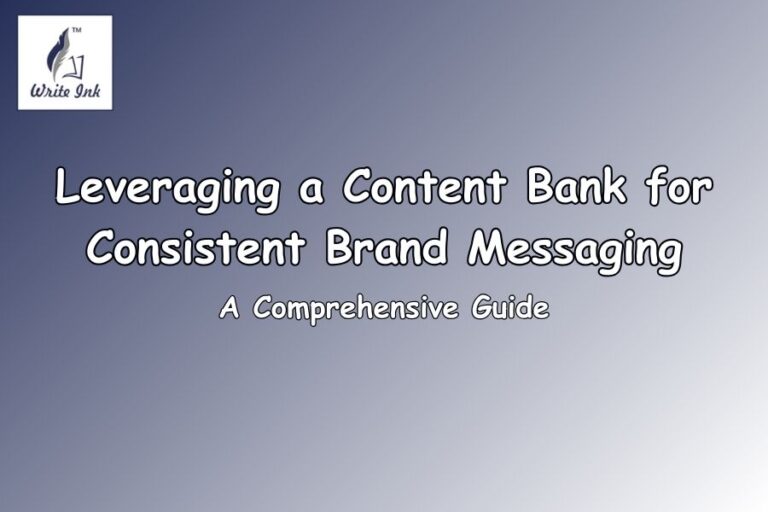The Ultimate Guide to Writing a Winning Resume
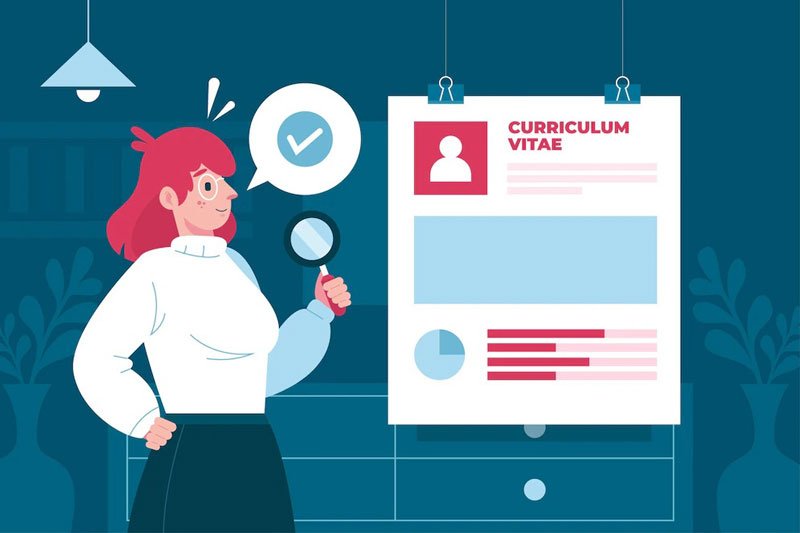
Finding a job in your dream company has many layers to it. And a resume is one of the most important aspects of landing a good job that helps you achieve your potential and reach your goals. A single job opening receives hundreds of applications out of which only a handful get called for an interview. So what should you do to make sure that you get called for an interview? The key lies in how your resume is written. Our guide will give a step-by-step breakdown of how to up your resume writing skills that will make your unique skills and strengths stand out.
Universal Elements
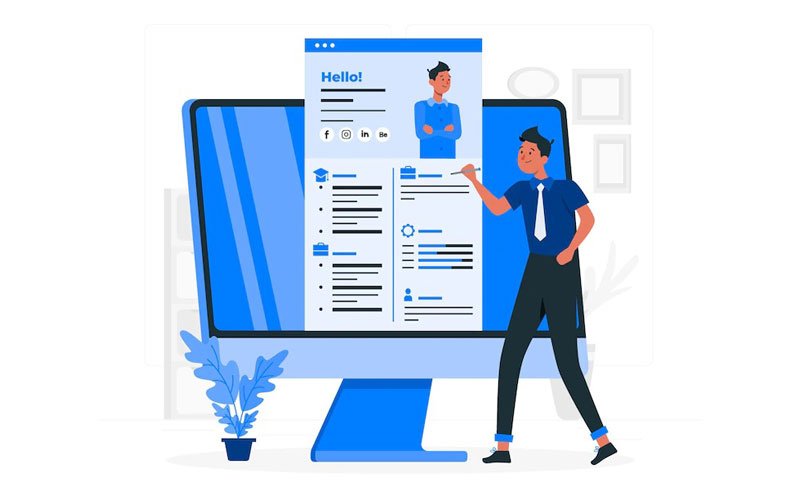
First, you need to be aware of the universal elements that should be included in your resume. These are your contact information, a concise summary highlighting your most relevant qualifications, and sections dedicated to your education, skills, and relevant certifications. Apart from this, your resume should be tailored for each job application. While this sounds like a chore, it is quite easy to do so and greatly increases your chances of being noticed. One simple hack for doing this efficiently is to include the keywords and requirements mentioned in the job description in your resume.
HR managers and recruiters spend less than 7 to 9 seconds scanning a resume. This means that your resume should have a strong impactful opening that will grab their attention. These are of two kinds – a Resume Summary and a Resume Objective. So what are these and how do you write one?
Resume summary
A resume summary summarises all the characteristics that make you ideal for the job you are applying for. It should feature your most relevant skills and one or two major career achievements. This kind of opening is recommended for candidates who have work experience and are not newbies or freshers.
Resume objective
A resume objective states your job goals for the job you are applying for along with your relevant skills and objectives. It is particularly suitable for less experienced candidates, such as students, candidates looking to change their careers, and those relocating.
Both resume summary and resume objective should be short and concise not more than two or three sentences and should highlight skills, qualifications and experiences that are most relevant to the job.
Chronological vs. Functional Resume: Which is Best for You?

The next component of a winning resume is to format your resume in such a manner that it highlights your best aspects. Resumes are generally of two different formats – functional and chronological. Let us explore the differences between chronological and functional resumes and help you determine which one is the best fit for your unique circumstances.
- The Functional Resume – Showcasing Your Skills:
The functional resume puts the spotlight on your skills and accomplishments rather than your work history. This kind of resume begins with a summary of qualifications, followed by a detailed list of your skills, and specific examples of how you’ve utilized these skills previously. This format allows you to emphasise your abilities and demonstrate your suitability for a particular position and is a perfect resume writing format for students. - The Chronological Resume – Highlighting Your Work History:
The chronological resume, on the other hand, presents your work experience in reverse chronological order, with your most recent or current job coming first. It provides a clear timeline of your career progression and allows potential employers to see how you have grown professionally in your career. This format is often preferred by recruiters and interviewers as it provides a complete overview of your professional history along with the duration of your previous roles. - The Combination Resume or The Mixed Resume
The combination resume as the name suggests has essential components of both formats and comprises the best of both worlds. This kind of resume is perfect for candidates that have around 8 to 10 years of industry-relevant experience and strong qualifications and skill sets. It allows for equal focus on both skills and experience and is perfect for candidates who are looking for a promotion, changing careers or even those who are returning to the workforce after a break.
Choosing the best format for you

Now that you have an understanding of the fundamentals of the different kinds of resumes, let us see the factors you should consider in order to select the right format for you.
- Work experience and career history:
If you have a consistent job history with no major gaps in your work and your work experience is relevant to the job you are applying for, then a chronological resume will be suited for you. This kind of resume will allow you to focus on your growth, your promotions and the increase in your capabilities and responsibilities over a period of time. - Career transitions with special skills
If you are looking for a transition from one career to another, then you have to focus on the skills that you have developed over time that will be beneficial in the job that you are looking for. For this, a functional resume is more appropriate as it allows you to focus on the skills and accomplishments that can bring to the job and which makes you a perfect candidate for the job.
Your resume serves as a crucial tool in the job application process, and choosing the right format can significantly impact your chances of success. Whether you opt for a functional or chronological resume, it’s essential to tailor it to your unique circumstances and the specific job that you are applying for. Remember to highlight your relevant skills, showcase your achievements, and present yourself as an outstanding candidate.
The Dos and Don’ts of Resume Writing

A well-drafted resume attracts recruiters and can be instrumental in helping you land your dream job. Let’s explore some of the biggest dos and don’ts of resume writing.
Dos
- Remember the basics.
Make sure that you do not miss adding the foundational elements of a good resume. These include contact information, professional summary, work experience, education, and skills. What you emphasize in your resume can depend on your experience. If you are fresh out of college, you can write about an internship or a job stint you did during the summer. - Use formatting
Using strategic formatting in your resume to bring forth your achievements and highlights of your career. Use headings bolding and underlining to make your achievements stand out and be easy to notice and read. - Include a Powerful Headline and Professional Summary
Your resume’s headline and professional summary act as a gateway to capturing the hiring manager’s attention. Craft a strong headline that immediately communicates the value that you bring to the company. - Update the Skills Section for Each Application
The skills section is a dynamic component of your resume, requiring regular updates. Avoid the “set it and forget it” mentality. Tailor your skills section to match the keywords and requirements of each job you apply for. - Remove Irrelevant Information
As you progress in your career, some skills and experiences become irrelevant. Regularly review and update your resume to ensure it aligns with your current goals and target jobs. Conduct an internal audit of your past jobs and include only experiences that are recent and relevant and showcase your qualifications for the desired position.
Don’ts
- Avoid Over-Formatting
When it comes to formatting, simplicity is key. You want your resume to stand out without overwhelming the hiring manager. To make your resume visually appealing, break down information into smaller sections and use bullet points. Your resume should be easy on the eyes and have a clean neat look. - Forget to Make ATS-Friendly Choices
In the digital age, many companies use Applicant Tracking Systems (ATS) to scan resumes before they reach human hands. Ensure that your resume passes through the ATS successfully, by sticking to simple terms and prioritising relevant keywords from the job description. - Focus On Yourself Too Much
While your resume is about you, it’s actually not. It is essentially about how you add value and benefit a company. So highlight your achievements, but shift the focus from what you want to what you can offer. Address the employer’s pain points, challenges, and goals in your professional summary to stand out. - Ignore Unusual Experiences
While the five essential resume sections provide a solid structure, you shouldn’t limit yourself to them. If relevant, consider adding additional sections such as volunteer experience, affiliations, awards, licenses, or certifications. The keyword here is “relevant.” Customize these sections based on the job you’re applying for.
5 Common Resume Mistakes You Need to Avoid
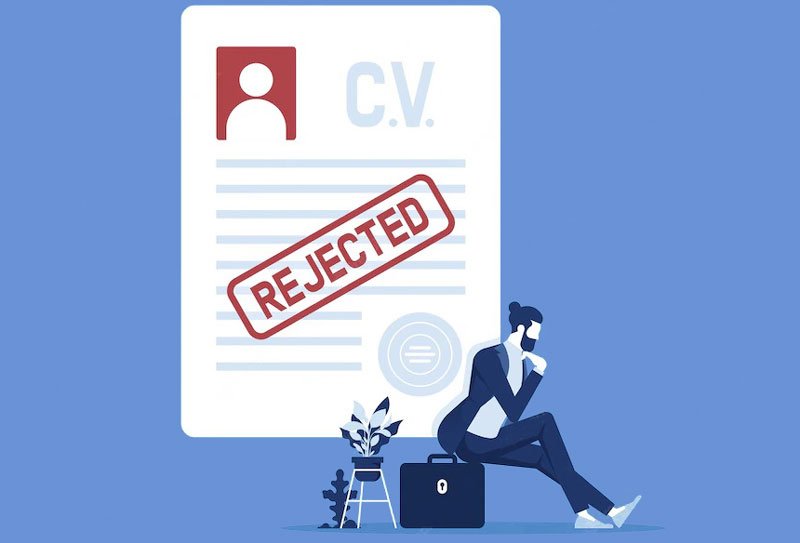
These are the 5 most commonly found mistakes that you should avoid and all costs
- Resume Padding
Resume padding is one crime that you should never ever indulge in. Lying about degrees you don’t have, inflating salary claims and inventing jobs can catch up with you even after years. Stick to facts in your resume and keep yourself in the clear. - Zero Keywords
Most companies use some kind of digitised equipment to scan resumes. This literally means that if you do not put in the relevant keywords you might as well not send the resume. Find out the relevant keywords for your job position and add them to your resume, preferably at the beginning. - Using Cliches
Avoid using words that do give specific information about you or your qualifications and achievements. Everyone is ambitious and driven and wants to be seen as an expert organiser and leader. Give specific examples that illustrate your skills - Grammar and Sellings uuh uh Spellings
With tons of tools to detect grammatical mistakes and spelling errors, it’s a crime for a resume to have errors. Check and recheck your resume and get proofreading from friends and family. - Lack of Customisation
While it may be difficult to customise for hundreds of companies, it is certainly possible to do for many. A resume is the first step to entering your dream company and you should spend time and effort crafting a resume that will help you land your job.
You can also take the help of resume writing experts to craft an effective resume. Get in touch with us now to craft your dream resume.
How to Write a Resume with No Work Experience
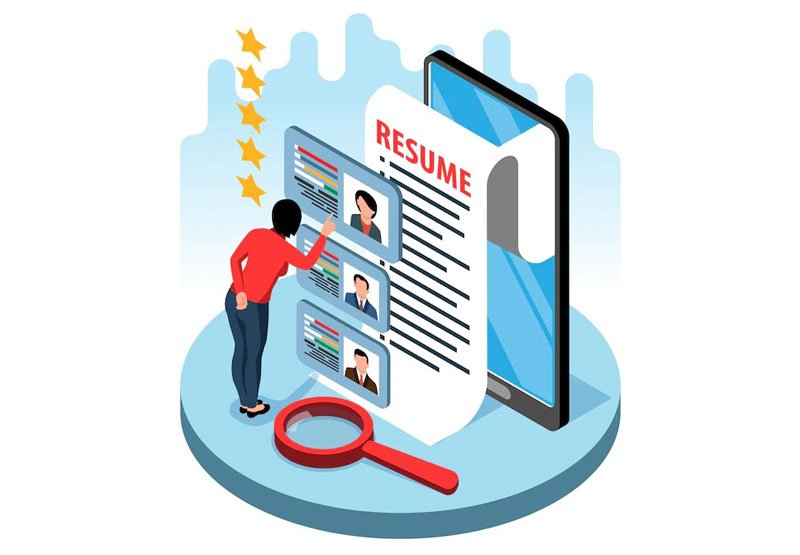
A lack of experience should not be a hindrance to landing a job. A well-crafted CV can showcase your potential, skills, and enthusiasm and help you land your first job. Let’s understand the strategies for writing an impressive CV when you have no experience, empowering you to stand out from the crowd.
- Understand the Job Requirements:
Before diving into CV preparation, carefully review the job description and note down the skills and qualifications sought by the employer. While you may not have direct work experience, you likely possess transferable skills. Identify these skills and align them with the job requirements. - Highlight the Transferable Skills:
Transferable skills are those abilities that can be applied to many different roles and capacities. Although you may not have specific job-related experience, you can showcase these skills to demonstrate your suitability for a position. Some such skills include communication, teamwork, problem-solving and time management. - Education and Relevant Coursework:
In the absence of work experience, your educational background becomes a significant selling point. Clearly mention your educational qualifications, including your degree, institution, and relevant coursework. Highlight subjects or projects that are directly related to the job you are applying for. - Showcase Personal Projects and Volunteering:
If you’ve undertaken personal projects or volunteered in relevant areas, leverage these experiences to enhance your CV. These activities demonstrate your drive adaptability and willingness to learn. These details not only show your practical abilities but also highlight your dedication and proactiveness.
Writing a CV without any work experience sounds like a challenge, it can be overcome by following some resume writing tips and highlighting your positives such as skills and capabilities, emphasising your education and showcasing personal projects. Remember, everyone starts somewhere, and your enthusiasm, dedication, and willingness to learn can make a lasting impression on employers. So, get started and craft a compelling CV that opens doors to exciting opportunities or get in touch with us to help you draft one.
Writing a resume can be an overwhelming experience for everyone and especially so for those who are writing for the first time. But the answer like for everything else is to get started. If you are not satisfied with your results, you can consider using our resume writing services in India. Our team of resume writing experts will help you to draft a winning resume that will open up new and exciting job opportunities for you.
Image Reference: Freepik




